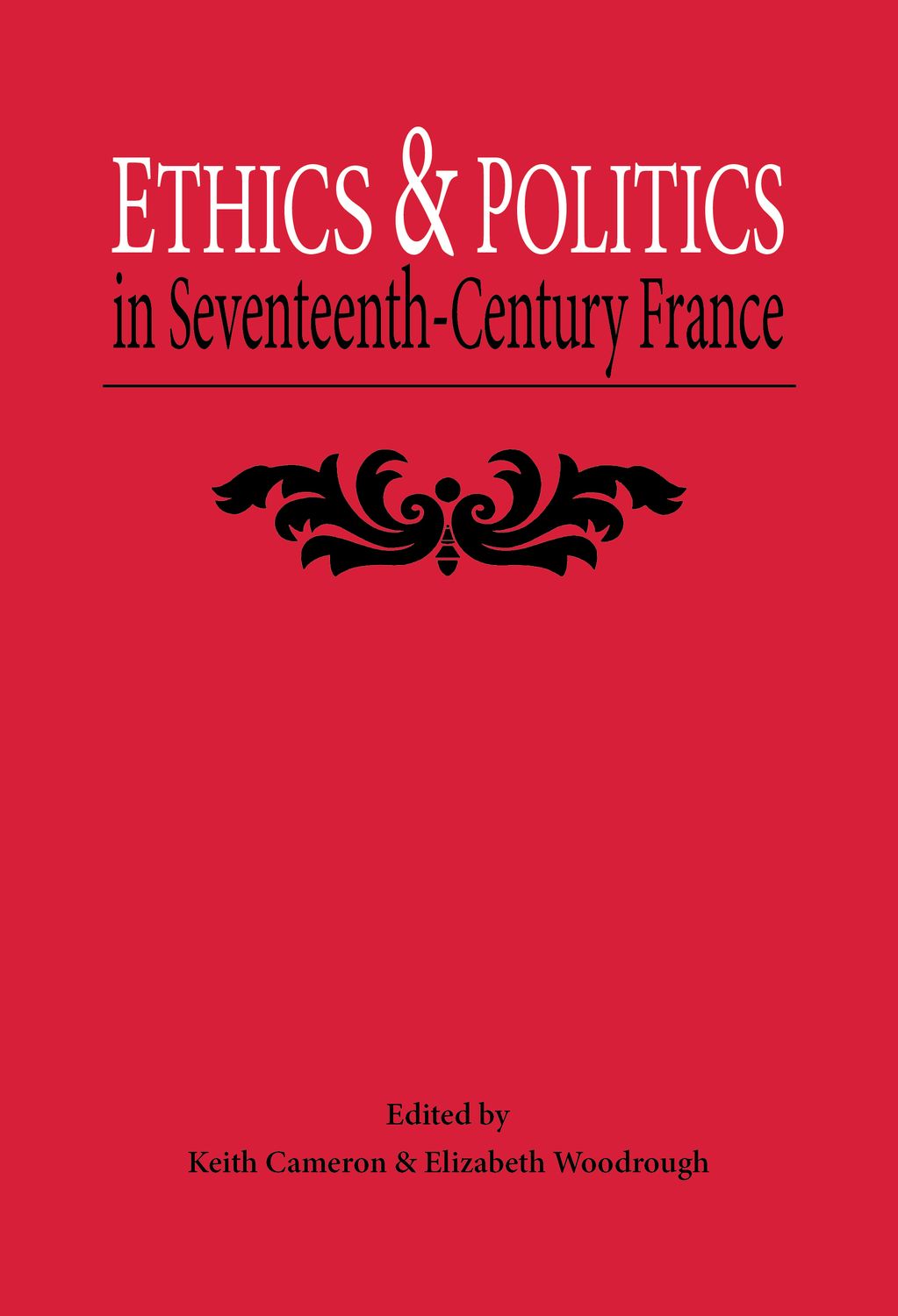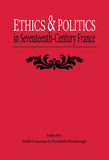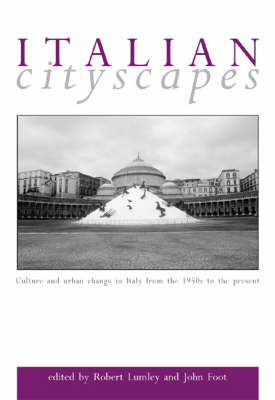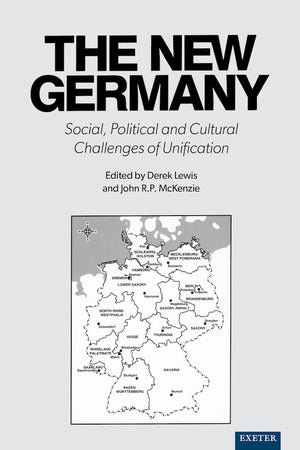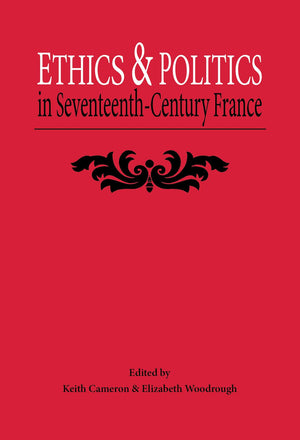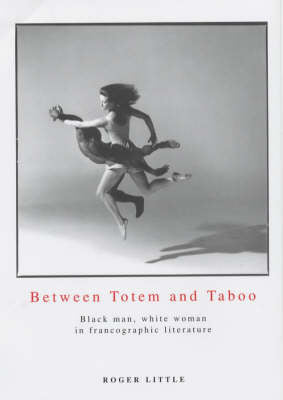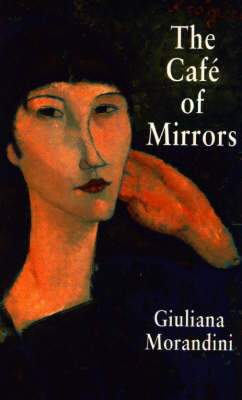University of Exeter Press
Ethics and Politics in Seventeenth Century France
Couldn't load pickup availability
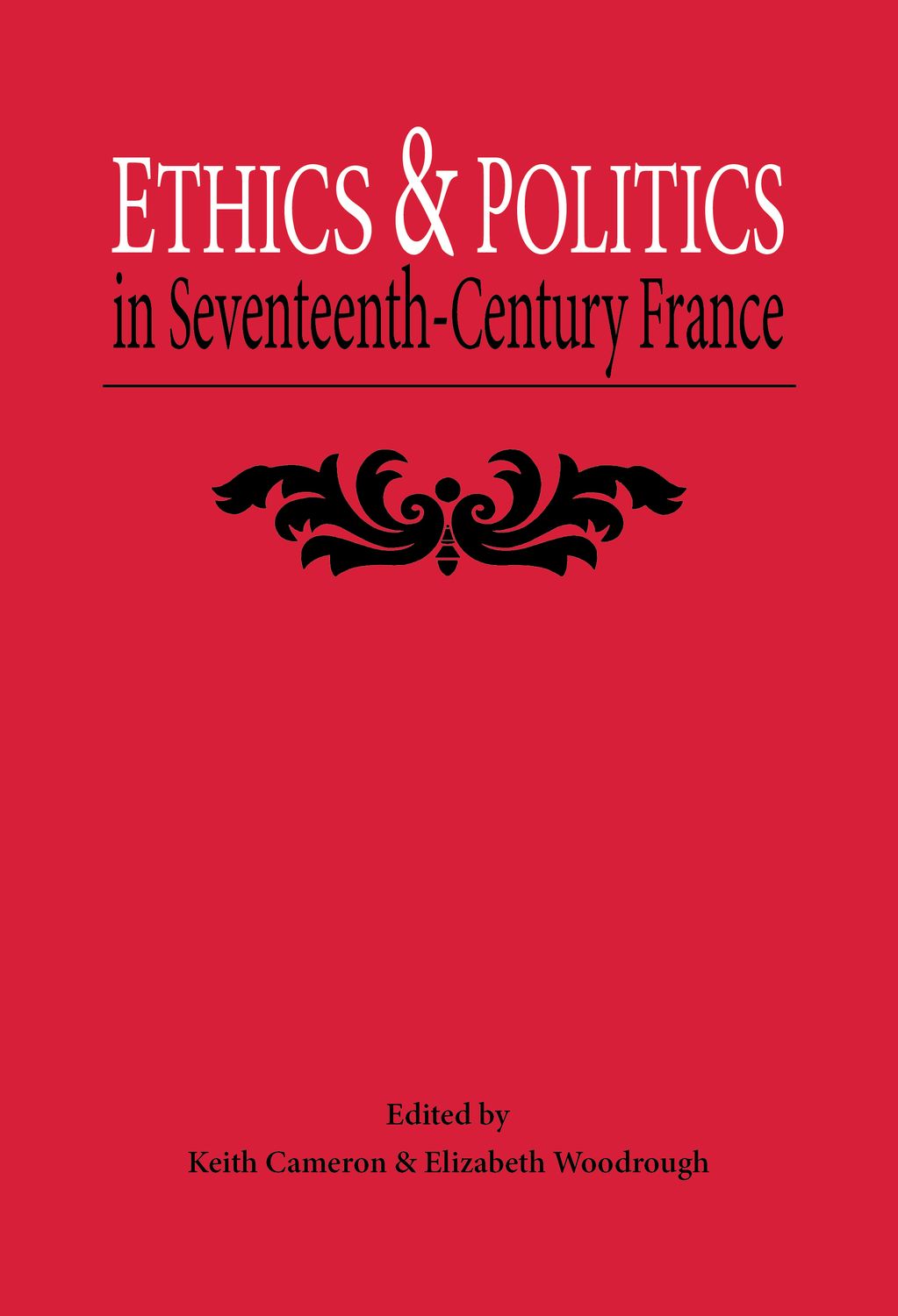
- 274 Pages
This collection of twenty essays, of which five are in French, written by leading English and French literary and historical scholars, deconstructs the ethical and political framework supporting and circumscribing the actions of a powerful elite in France between the early 1600s and the final years of Louis XIV’s reign. Reflecting a diversity of individual concerns, the essays are divided into two interrelated parts in acknowledgement of the complex tensions between codes of behaviour and political practice in the different theatrical spaces of government in the real and imaginary world. Together these contributions offer a radical double questioning of the absolute values in which were founded the authority of Church, King and nobility.
The dual political and moral theme of this study is not new, but it is one that has always been highly regarded by historians and literary specialists alike. It is in fact one of the classic preoccupations of seventeenth-century studies, to which critics must always return, and to which students must always address themselves, if they are to comprehend the intellectual core of seventeenth-century French studies.
This collection of twenty essays, of which five are in French, written by leading English and French literary and historical scholars, deconstructs the ethical and political framework supporting and circumscribing the actions of a powerful elite in France between the early 1600s and the final years of Louis XIV's reign.
Derek Watts
Derek Watts: A Bibliography
Contributors
Part I: The Ethics of Action
Introduction, Elizabeth Woodrough
1. 'Alternative' Ethical Systems in France during the Grand Siècle, William D. Howarth
2. A Note on Lay Piety in the Early Seventeenth Century, John Cruickshank
3. Guez de Balzac: The Enduring Influence of Rome, Margaret McGowan
4. L'Image de la Ligue dans les Mémoires du Cardinal de Retz, Simone Bertière
5. The Political Testaments of Richelieu and La Rochefoucauld, Elizabeth Woodrough
6. Considérations morales et politiques autour d'Henri II de Montmorency: Une polyphonie discordante, Noémi Hepp
7. Medicine and Statecraft in the Mémoires of the Cardinal de Retz, Colin Jones
8. The Fouquet-Colbert Rivalry and the 'Revolution' of 1661, Richard Bonney
9. Crescit ut aspicitur: Condé and the Reinterpretation of Heroism, 1650-1662, Mark Bannister
10. Love, Marriage and a Disputed Sentence in La Princesse de Clèves, John Campbell
11. Marie de Villars: A Political Woman?, Wendy Perkins
12. Ascendant et déclinaison de la noblesse française dans le système de Boulainvilliers, Yves Coirault
Part II: The Politics of Theatre
13. Corneille: Ethic and Polis, Henry Phillips
14. Sur l'echec des conjurés dans La Mort de Sénèque, Madeleine Bertaud
15. 'Le poids d'une couronne': The Dilemma of Monarchy in La Calprenède's Tragedies, Guy Snaith
16. African Temptresses and Roman Matrons: Female Roles on the Paris Stage, 1634-1643, David Clarke
17. How Quinault uses Political Commonplaces, William Brooks
18. Politics and Tragedy: The Case of the Earl of Essex, C.J. Gossip
19. 'Je commence à rougir': Shame, Self-Esteem and Guilt in the Presentation of Racine's Hippolyte, Edward Forman
20. L'influence de Louis XIV sur la vie littéraire: pour un bilan critique, Jean Rohou
Index







